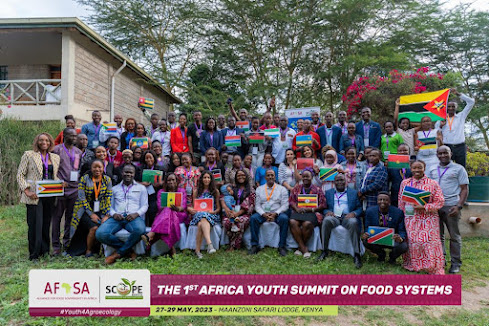THE PLASTIC TIDE
Washed out on our coasts in obvious and clearly visible form, the plastic pollution spectacle blatantly unveiling on our beaches is only the prelude of the greater story that unfolded further away in the world’s oceans, One biome that has become increasingly affected by plastic waste is the ocean. Nearly 13 million tonnes of plastic is washed into the ocean every year. Some plastics release chemicals in the water leading to cancer and other health issues, but the most prevalent issue is the consumption of plastic by animals, which mostly originate from where we stand: the land.
For more than 50 years, global production and consumption of plastics have continued to rise. An estimated 299 million tons of plastics were produced in 2013, representing a 4 percent increase over 2012, and confirming and upward trend over the past years. In 2008, our global plastic consumption worldwide was estimated at 260 million tons and according to a 2012 report by Global Industry analysts, plastic consumption was projected to reach 297.5 million tons by the end of 2015.
Plastic is versatile, lightweight, flexible, moisture resistant, strong, and relatively inexpensive. Those are the attractive qualities that lead us to such a voracious appetite and over-consumption of plastic goods. However, durable and very slow to degrade, plastic materials used in the production of so many products become waste with staying power because plastics belong to a chemical family of high polymers, and they are essentially made up of a long chain of molecules containing repeated units of carbon atoms. Because of this inherent molecular stability, plastics do not easily breakdown into simpler components. Our tremendous attraction to plastic, coupled with an undeniable behavioral propensity of increasingly over-consuming, discarding, littering and thus polluting, has become a combination of lethal nature.
All over the world the statistics are ever growing, staggeringly. Tons of plastic debris (which by definition are waste that can vary in size from large containers, fishing nets to microscopic plastic pellets or even particles) is discarded every year, everywhere, polluting lands, rivers, coasts, beaches, and oceans. In a 2006 report, Plastic debris in the World’s Oceans, Greenpeace stated that at least 267 different animal species were known to have suffered from entanglement and ingestion of plastic debris. Plastic debris kills an estimated 100,000 marine mammals annually, as well as millions of birds and fishes.
Slow, silent, omnipresent, ever increasing, more toxic than previously thought, the plastic pollution’s reality bears sobering consequences. 70% of the mass eventually sinks, damaging life on the seabed. The rest floats in open seas, often ending up in gyres, circular motion of currents, forming conglomerations of swirling plastic trash called garbage patches, or ultimately ending up washed ashore on beaches. All this has effects because all sea creatures, from the largest to the microscopic organisms, are at one point or another, swallowing the seawater soup instilled with toxic chemicals from plastic decomposition. The world population is eating fish that have eaten toxin-saturated plastics. In essence, humans are eating their own waste.
The world population is living, working, vacationing, increasingly conglomerating along the coasts, and standing on the front row of the greatest, most unprecedented, plastic waste tide ever faced. I personally think that being educated on the situation and awareness of the consequences ultimately leads us toward better choices in term of consumption and waste management of plastic at an individual level. It can be as simple as refraining from discarding plastic after first use, or better yet, not using plastics in the first place. Secondly, Local legislations, with clear frames and enforcement measures, should be increasingly passed in relation to international legislations, which need ratification by as many countries as possible. Even though the problem with international legislation is its actual enforcement, the efforts toward concerted action should be prioritized.
LETS GET TO WORK



Thank you for this article. We really need to do something to fight against plastic pollution. More awareness should be raised, and we must change our consumption habit by reducing or avoiding single-use plastic.
ReplyDelete